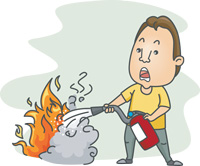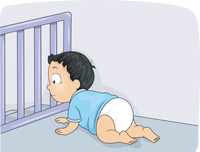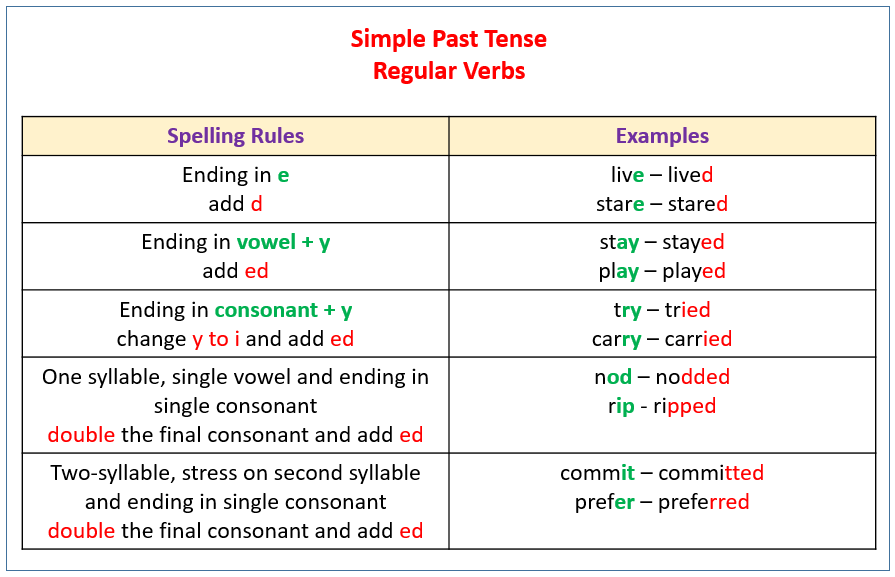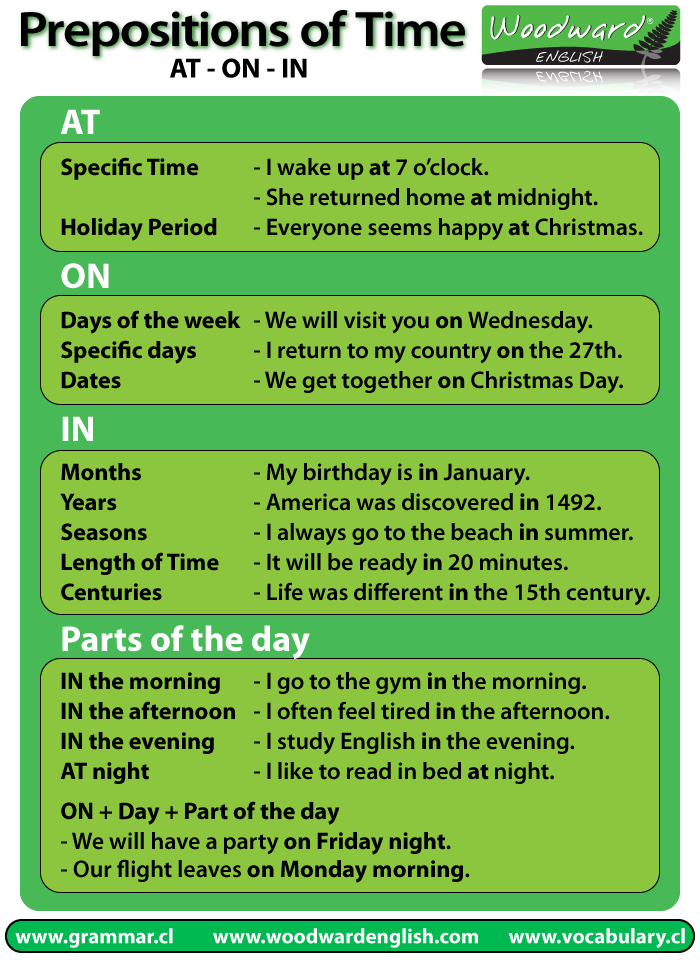понедельник, 17 декабря 2018 г.
понедельник, 10 декабря 2018 г.
11.12.2018
Fill in Gerund or Infinitive (with or without to)
Slow Food
The Slow Food movement was founded the day that an Italian journalist, Carlo Petrini, saw that McDonald’s had opened a restaurant in Piazza di Spagna, the beautiful square in Rome. He thought it was tragic that many people today live too quickly (SIT) down for a proper meal and only eat mass-produced fast food. He decided (TRY) to do something about it and so he started the Slow Food Movement. Although he didn’t succeed in (BAN) McDonald’s from Piazza di Spagna, slow food has become a global organization and now has more than 80,000 members in over a hundred countries.
“We believe in people (TAKE) time to enjoy the food that they eat”, says Fiona Richmond of Slow Food UK.
Slow food also encourages people (EAT) local and regional food, (USE) shops and markets and (DINE) out in small family restaurants. Says Richmond, “There is nothing more satisfying than (RELAX) around a table with friends. The pleasure of (EAT) quality food should be celebrated.
“We believe in people (TAKE) time to enjoy the food that they eat”, says Fiona Richmond of Slow Food UK.
Slow food also encourages people (EAT) local and regional food, (USE) shops and markets and (DINE) out in small family restaurants. Says Richmond, “There is nothing more satisfying than (RELAX) around a table with friends. The pleasure of (EAT) quality food should be celebrated.
среда, 5 декабря 2018 г.
среда, 28 ноября 2018 г.
понедельник, 19 ноября 2018 г.
понедельник, 12 ноября 2018 г.
четверг, 8 ноября 2018 г.
понедельник, 22 октября 2018 г.
23.10.2018 (1120)
Choose the correct option.
Phrasal Verbs with "Back"
"Back" meaning to return
- Come back – to return the place where you are now

- Hurry back – to return somewhere quickly

- Pay back – to return money that you have borrowed

- Call back or ring back – to call someone who called you before (usually if you have missed their call)

- Look back – to look behind you, either in time or physically

- Stand back–to stand further away from something (usually given as an order when something dangerous is happening)

- Hold back – to stop someone from going somewhere

- Keep back – to keep people in their place

- Set back–to stop something from progressing

- Cut back – to reduce a program or use of something (often used to describe money spent on a project)

- Choke back – to stop yourself from crying

- Answer back – to answer a question in a rude way, usually because you are angry or don't respect someone

- Talk back or speak back – to respond to someone rudely, also because you are angry or don't have respect for them

- Which verb means "to return a call'?
- Speak back
- Ring back
- Talk back
- Pay back
- Which verb means "to think about the past"?
- Drop back
- Come back
- Go back
- Pay back
- In which sentence does "back" mean "not front"?
- I was upset, but I tried to choke back my tears.
- Why don't you ever email me back?
- Ladies and gentlemen, please stand back.
- I never talk back, even when I'm angry.
- In which sentence does "back" mean "to prevent"?
- My boss held me back because he wanted to talk to me.
- When are you going to come back? I miss you!
- I'm sorry I haven't paid you back.
- I'll be right back. I just have to hurry back to the house.
- This belongs to Betsy. I have to _________.
- drop it back.
- hurry it back.
- give it back.
- choke it back.
- Owen sent me a letter, but I haven't _________.
- gone back.
- written back.
- looked back.
- spoken back.
- The library is going to close, because the government has _________ funding.
- Given back
- Stepped back
- Kept back
- Cut back
- Carlos was at the front, but then he _________ to speak to me.
- Dropped back
- Set back
- Held back
- Fell back
- I like it here. Let's _________ on Saturday.
- Stand back
- Come back
- Go back
- Run back
- _________! The police need to get through!
- Give back
- Fall back
- Stand back
- Run back
"Back" meaning the opposite of front
Drop back – to intentionally move slower than other people in a group because you want to be behind them


"Back" meaning to prevent
"Back" meaning to speak rudely
Quiz
Answer the following 10 questions and then check your answers. Each question is worth 10 points.Part 1:
Part 2:
понедельник, 15 октября 2018 г.
понедельник, 8 октября 2018 г.
понедельник, 1 октября 2018 г.
понедельник, 24 сентября 2018 г.
25,09,2018 (1020)
NO ROOTS SONGTEXT
I like digging holes and hiding things inside them
When I'll grow old I hope I won't forget to find them
'Cause I've got memories and travel like gypsies in the night
I built a home and wait for someone to tear it down
Then pack it up in boxes, head for the next town running
'Cause I've got memories and travel like gypsies in the night
And a thousand times I've seen this road,
A thousand times
I've got no roots, but my home was never on the ground
I've got no roots, but my home was never on the ground
I've got no roots uh uh uh uh
I've got no roots uh uh uh uh
When I'll grow old I hope I won't forget to find them
'Cause I've got memories and travel like gypsies in the night
I built a home and wait for someone to tear it down
Then pack it up in boxes, head for the next town running
'Cause I've got memories and travel like gypsies in the night
And a thousand times I've seen this road,
A thousand times
I've got no roots, but my home was never on the ground
I've got no roots, but my home was never on the ground
I've got no roots uh uh uh uh
I've got no roots uh uh uh uh
I like standing still, boy that's just a wishful plan
Ask me where I come from, I'll say a different land
But I've got memories and travel like gypsies in the night
I can't get the numbers, and play the guessing name
It's just the place that changes, the rest is still the same
But I've got memories and travel like gypsies in the night
And a thousand times I've seen this road,
A thousand times
Ask me where I come from, I'll say a different land
But I've got memories and travel like gypsies in the night
I can't get the numbers, and play the guessing name
It's just the place that changes, the rest is still the same
But I've got memories and travel like gypsies in the night
And a thousand times I've seen this road,
A thousand times
https://pronuncian.com/linking-vowels-into-vowels
http://speakspeak.com/english-grammar-exercises/intermediate/comparatives-and-superlatives
https://elt.oup.com/student/solutions/elementary/grammar/grammar_08_022e?cc=ua&selLanguage=uk
3.10
четверг, 20 сентября 2018 г.
21.09.2018
https://pronuncian.com/assimilation-linking-t-as-alveolar-stop-t
Attend - visit
wig - fake hair
get rid of - stop using
понедельник, 10 сентября 2018 г.
11.09.2018
Now decide which form is needed in these 8 sentences:
- 1. You ___ not be late again or you’ll lose your job.
- 2. You ___ start waking up earlier.
- 3. Why are you so late?! You ___ arrived sooner.
- 4. John is late again, he ___ gotten here 30 minutes ago.
- 5. The movie’s going to start soon, we ___ leave soon or we’ll miss it.
- 6. I saw a really great action movie last night, you ___ see it.
- 7. I studied hard for the test this week, I ___ be able to pass it.
- 8. Dad said he'd punish you he caught you drunk again. You ___ not do it again.
среда, 5 сентября 2018 г.
четверг, 30 августа 2018 г.
30.08.2018 (4)
https://pronuncian.com/deletion-linking-the-dropped-d
https://www.tolearnenglish.com/exercises/exercise-english-2/exercise-english-93591.php
https://www.tolearnenglish.com/exercises/exercise-english-2/exercise-english-93591.php
The history behind casual style
Casual style of wearing came to our life and holds very strong position. According to some experts’ opinion, the casual style appeared first in the USA in the beginning of 20th century. Many people converted their way to dress because of the modern way of living and according to some traditions. From uncomfortable clothes to cowboy boots, jeans and T-shirts: casual is not exclusively the opposite of formal, it is the opposite of snobbism and limitations. More simply, “casual” can be defined as something relaxed, occasional, not planned, or informal.
There is a new trend now, named “business casual”. It usually means the business-appropriate clothes, ready to wear in any situation. However, it’s still important to be aware of dress codes. Many companies allow the staff to go casual so that they look like their ordinary clients and raise up productivity. Business casual for women may comprise classy dress pants and a collared shirt or blouse. Add a pair of dressy shoes and your style is complete. A nice pair of jeans can fit the business casual bill if to set it with a nice top.
The casual style is properly natural. Such clothes make women feel very comfortable and look good at the same time. Hats, handcrafted belts, ties and other accessories are chic and can complete the chosen image. Small details for casual clothes make women look unique. Despite universality of casual clothes, bad-fitting clothes give a filthy and untidy look. It is not the colour that makes the difference, it’s the cut and design. Whatever you want to wear, you just have to look great.
вторник, 21 августа 2018 г.
22.08.2018
http://englishgrammarexercise.com/prepositions-english-mixed-exercise-4/
Exercise. Do we use for or since with the following time references?
вторник, 14 августа 2018 г.
пятница, 10 августа 2018 г.
четверг, 26 июля 2018 г.
вторник, 17 июля 2018 г.
17.07.2018
https://pronuncian.com/deletion-linking-the-dropped-d
https://www.businessenglishsite.com/basic-business-english1.html#
https://www.englishformyjob.com/english-restaurants-general2.html
http://www.jeuxenfants.fr/cuisine/preparerdesgateaux3.html
https://www.englisch-hilfen.de/en/exercises/tenses/present_perfect_statements2.htm
https://www.businessenglishsite.com/basic-business-english1.html#
https://www.englishformyjob.com/english-restaurants-general2.html
http://www.jeuxenfants.fr/cuisine/preparerdesgateaux3.html
https://www.englisch-hilfen.de/en/exercises/tenses/present_perfect_statements2.htm
вторник, 10 июля 2018 г.
воскресенье, 1 июля 2018 г.
вторник, 29 мая 2018 г.
среда, 23 мая 2018 г.
вторник, 15 мая 2018 г.
воскресенье, 29 апреля 2018 г.
воскресенье, 22 апреля 2018 г.
понедельник, 16 апреля 2018 г.
Подписаться на:
Комментарии (Atom)













